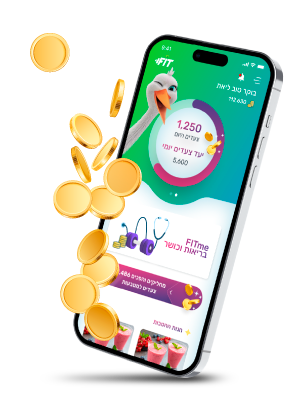Between 24-28 weeks you will be asked to do a 50 gram Glucose Tolerance Test.
Based on the results, the doctor will decide whether to send you for a 100 gram glucose test to diagnose gestational diabetes.
Gestational diabetes is common and occurs in about 5% of pregnant women. Gestational diabetes can affect the development of the fetus and increases the chance of miscarriages, birth complications and health problems in the baby. Early detection allows reaching the balance of diabetes.
50 gram test
It is recommended you eat a normal breakfast before the test. This is a survey test only, and amy indicate a possibilty of gestational diabetes.
During the test you will be asked to drink 50 grams of glucose dissolved in water and wait. An hour later, the blood glucose level will be measured.
If the glucose level is 140 mg or more, you will be referred for a 100 gram glucose tolerence test.
100 gram test
An 8 hour fast is required. You may drink water.
Your glucose levels will be measured after fasting and again 60, 120 and 180 minutes after drinking 100 g of glucose, dissolved in water. You must stay at the lab during the testing for a total of about three hours.
Please contact your doctor upon receiving the test results.
Diagnosis of gestational diabetes
If you are diagnosed with gestational diabetes, you will be referred to a high-risk pregnancy clinic. You will be given a prescription for a blood sugar monitor and guidance by a dietitian. Blood sugar levels will be monitored and recommendations for treament made.
You are welcome to read more about Glucose Tolerance Test for Detecting Gestational Diabetes in the link.





























































